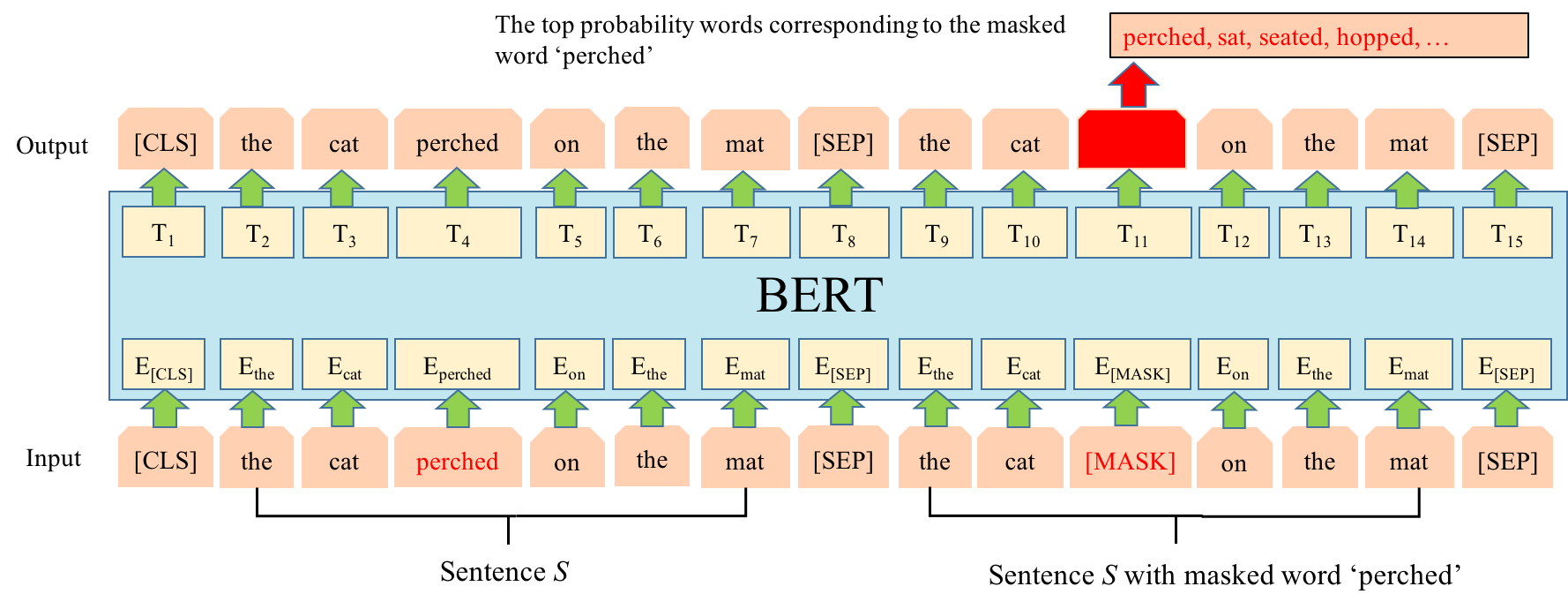Lexical Simplification with Pretrained Encoders
Lexical simplification (LS) aims to replace complex words in a given sentence with their simpler alternatives of equivalent meaning. Recently unsupervised lexical simplification approaches only rely on the complex word itself regardless of the given sentence to generate candidate substitutions, which will inevitably produce a large number of spurious candidates. We present a simple LS approach that makes use of the Bidirectional Encoder Representations from Transformers (BERT) which can consider both the given sentence and the complex word during generating candidate substitutions for the complex word. Specifically, we mask the complex word of the original sentence for feeding into the BERT to predict the masked token. The predicted results will be used as candidate substitutions. Despite being entirely unsupervised, experimental results show that our approach obtains obvious improvement compared with these baselines leveraging linguistic databases and parallel corpus, outperforming the state-of-the-art by more than 12 Accuracy points on three well-known benchmarks.
PDF Abstract


